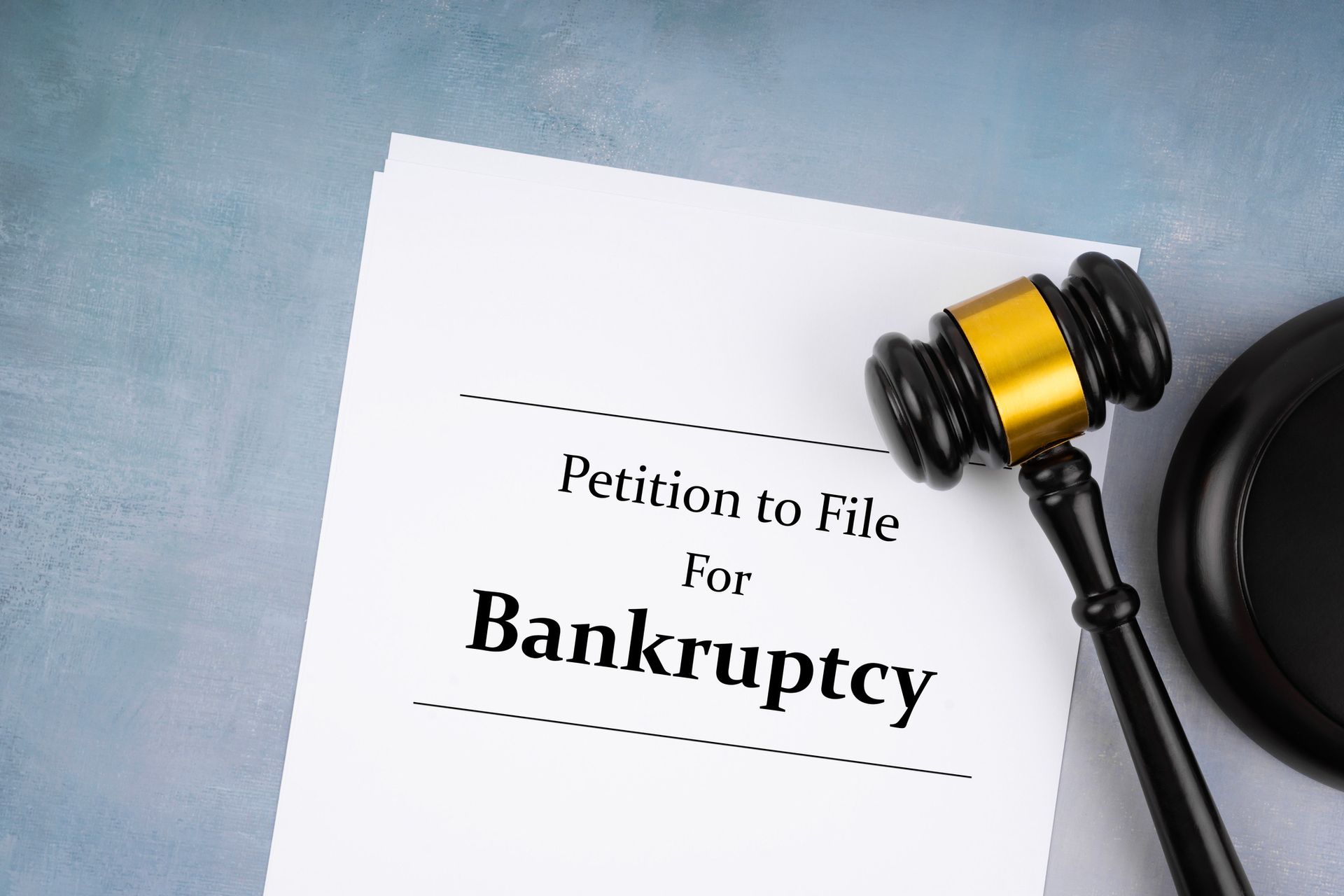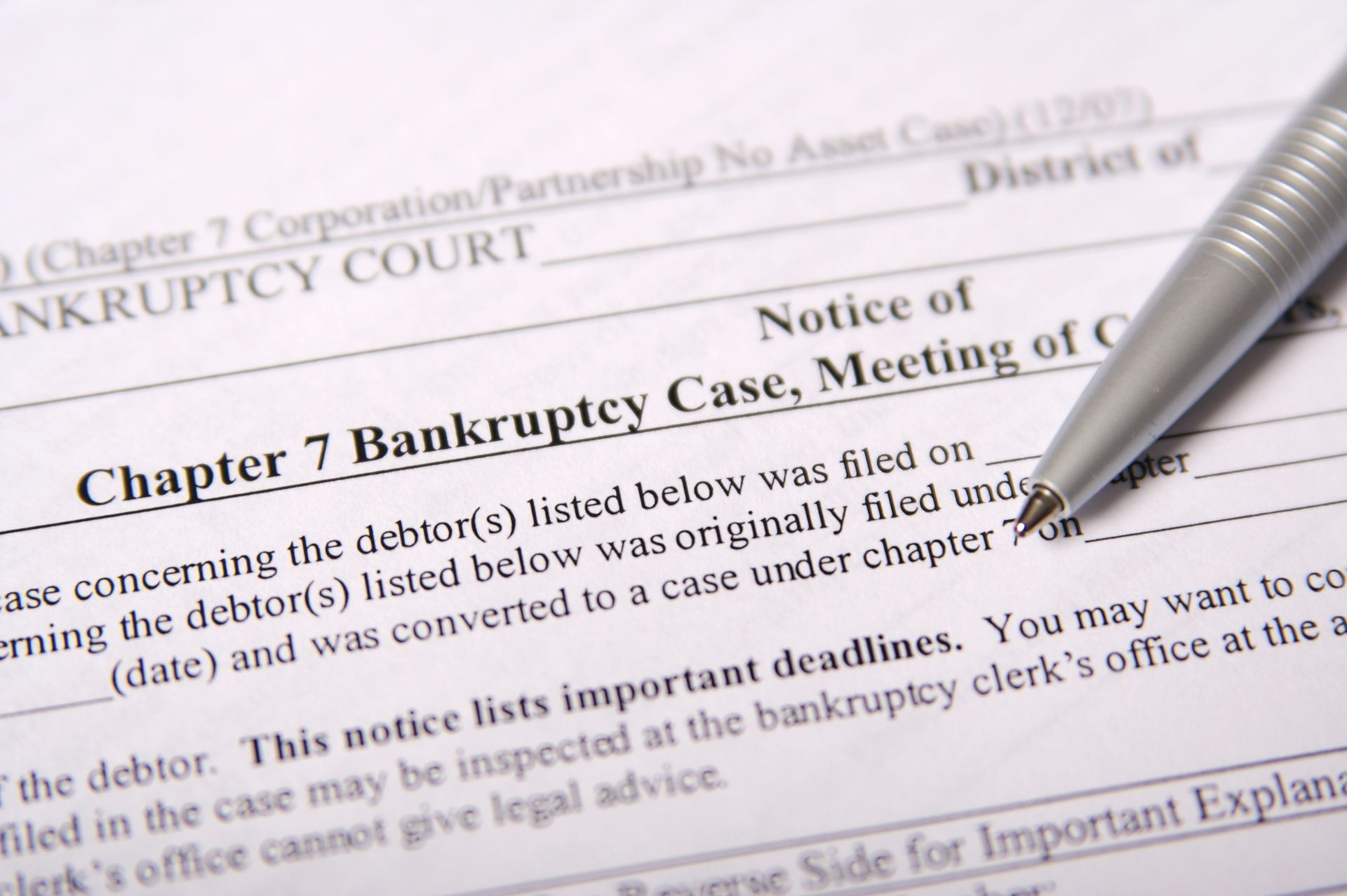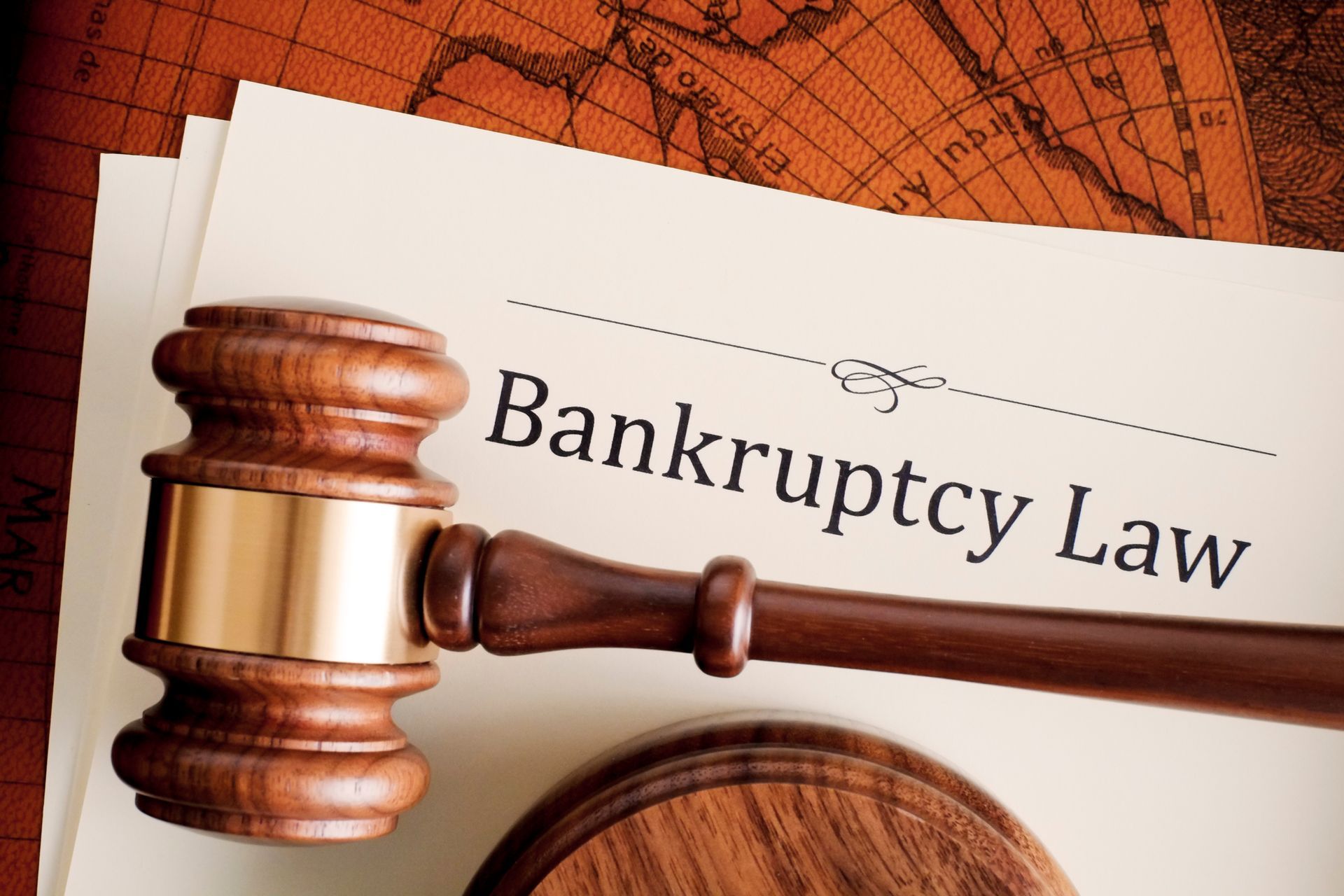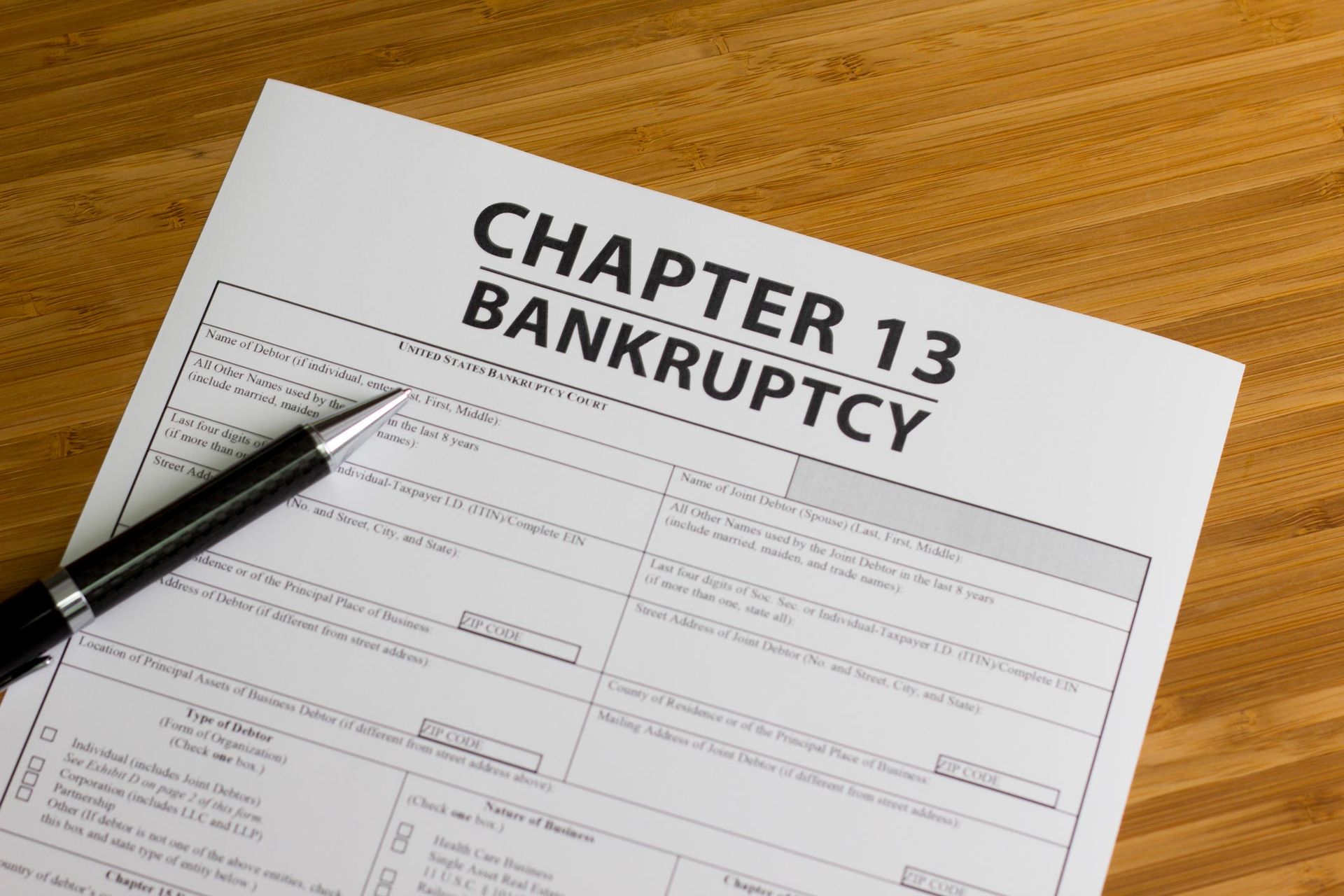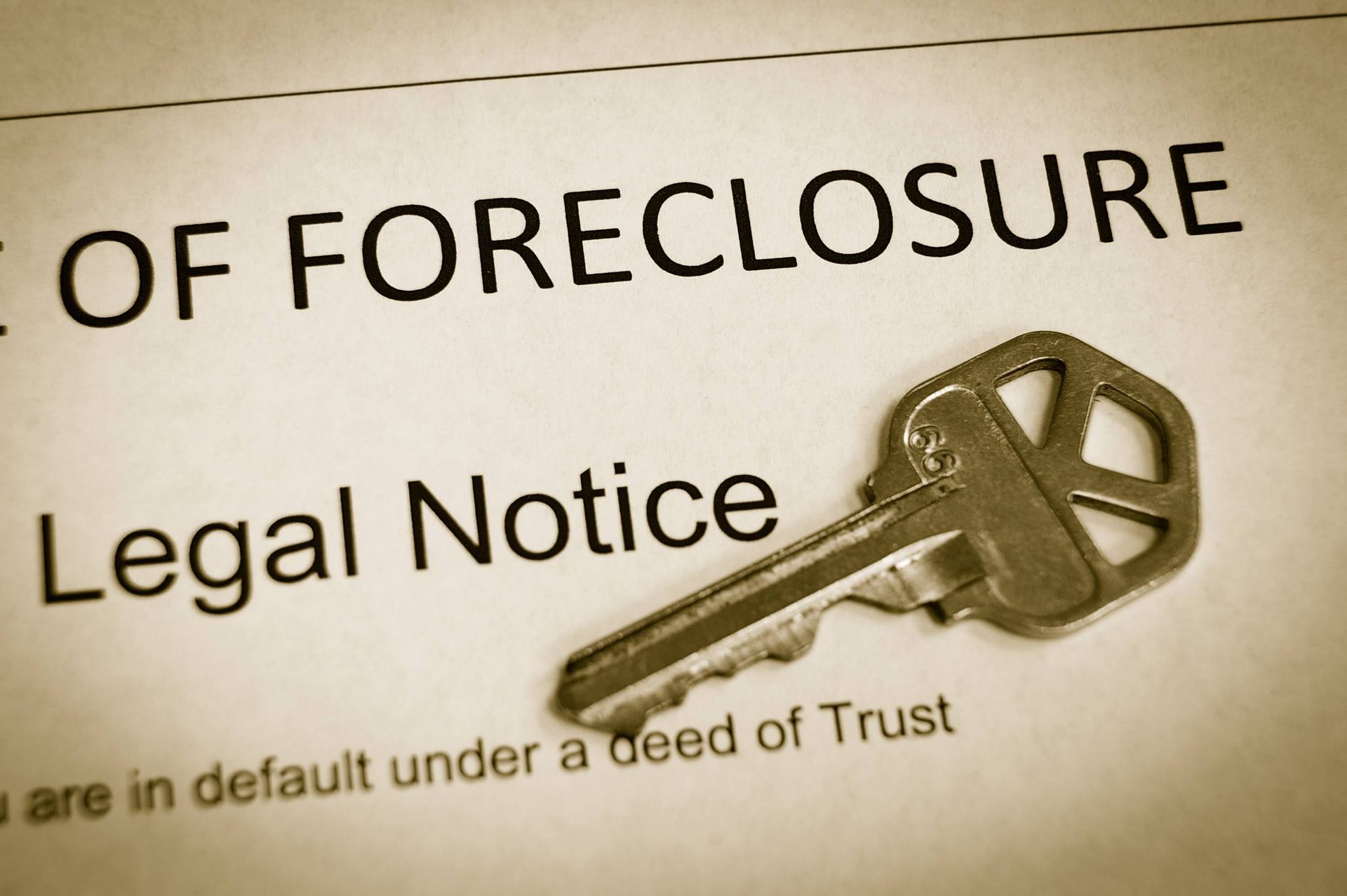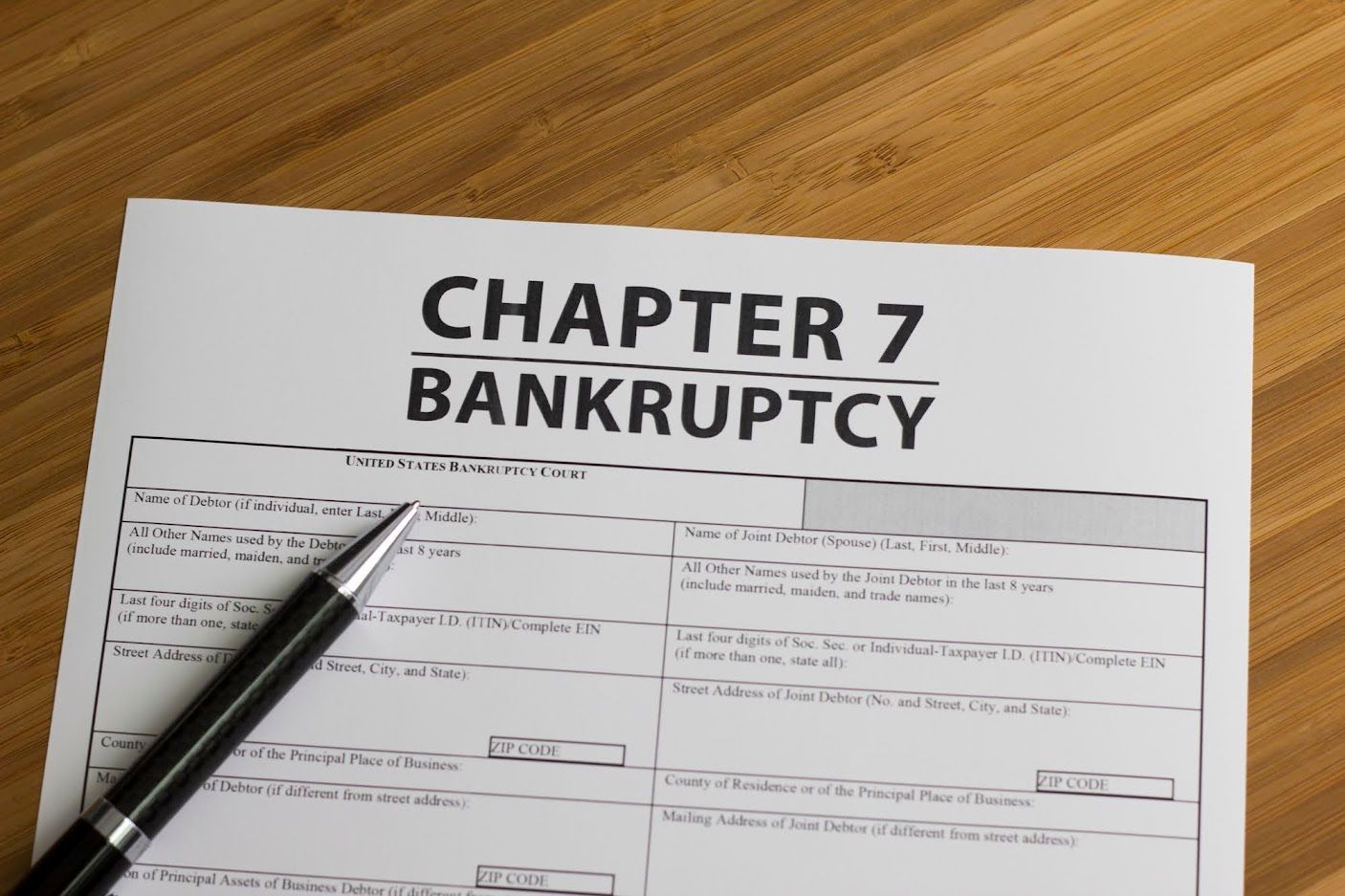How to Avoid Car Repossession
You can buy a car without paying in cash with car financing. Nevertheless, you must maintain discipline and be responsible to pay your loan off. Defaulting your car payments may lead to repossession by your lender. Repossession can mean that you may lose your transportation method and damage your credit score. Read on to discover some simple tips you can follow to avoid repossession of your car.
Request Loan Modification
A loan modification could prevent repossession or late fees. In most cases, auto loan modifications involve a simple adjustment to your loan terms. Loan modification usually involves moving your payment due date or adjusting your interest rate, whether permanently or temporarily.
You can only modify your loan through your original lender. Furthermore, not everyone qualifies for a loan modification. Lenders may be willing to give you a loan modification if you've maintained a good repayment history. Some lenders may require a hardship letter that explains why the amendment is necessary.
Negotiate With the Lender
Open communication is essential between you and your lender. You can reach out to your creditor and negotiate an alternative to repossession if your finances are tight. Creditors may be open to negotiation instead of repossession because repossession can be costly. Make sure you're honest about how long you will need to pay your loan and whether your financial issue is long-term or short-term.
You may have a better chance of preventing repossession if you are transparent and proactive. If you reach an agreement with the lender, make sure to put it in writing. Without a written agreement, the lender may still attempt to repossess the vehicle.
Reinstate the Loan
If you reinstate the loan, you can prevent repossession of the vehicle, or you can recover the vehicle if the lender has already repossessed it. You can reinstate your loan by making up your payments, and you also need to pay off any late fees that have accumulated.
You may have a right to reinstatement spelled out in your loan contract, or state law may compel your lender to grant it. In most cases of reinstatement, you have only a limited amount of time to make up your payments. If you don't pay the amount required by the reinstatement notice to bring your loan current, you may lose your reinstatement right.
Refinance Your Loan
When you're behind on your auto loan payments and repossession is a possibility, refinancing may be worth considering. With refinancing, you'll use your new loan to pay off the existing one, and you can start over on a clean slate. Your current lender can refinance your loan, or you can take out a new loan from another lender.
Refinancing your loan allows you to extend the term of the loan. By extending your loan term, you can reduce your monthly payments, but you may also end up paying more interest in the end. In most cases, if you've missed several payments or fallen behind in your payments, a refinance may not be possible.
File for Bankruptcy
If you have financial difficulties, filing for bankruptcy might be your best option to save your car from repossession. Filing for bankruptcy will temporarily halt the following:
• Vehicle repossession
• Actions to collect deficiency balances
• Deficit judgment lawsuits
• Wage garnishments or bank attachments stemming from deficiency judgments
As a consumer, you can file either a Chapter 7 or Chapter 13 bankruptcy petition. Which bankruptcy petition you file has a different impact on your car loan. A bankruptcy attorney can help you understand the petition better.
Bankruptcy is a serious decision, and you should not do it just to prevent losing your car. Losing your house or car can be a frightening experience. Nevertheless, you have several options to avoid repossession. You should, however, act quickly. Taking action sooner maximizes your chances of holding on to your automobile.
If you need loan modification or want to file for bankruptcy,
contact us
at Ozment Law today for expert help.


